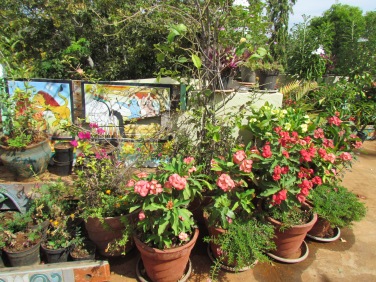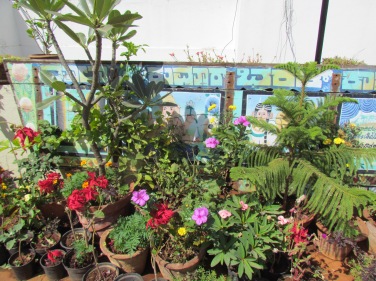the arrogance of the British?
BUT they were sent packing decades ago!
The powers that be, in this case Mysore University, are planning to commercialise the best natural lake in Mysore: Kukkarahalli Kere used by hundreds of locals for invigorating walks and a wonderfully diverse population of birds.
They seem to be stuck in the past.. development-itis means buildings, creating a boating lake (we already have a boating lake – why not buy some better boats and get that one working properly?) destroying the very aspects of the lake that attracts the birds and creates the necessary life-enhancing biodiversity. A case of throwing the baby out with the bathwater?
Well this morning, there was a tremendous turnout of local people from allsorts of local organisations and all political affilitiations, to highlight what will be lost with this inappropriate development. Appreciating their picture show of birds to be found on the lake and signing their petition were hundreds of local people who love the lake as it is now.
Well done the managers of Mysore University, who are acting just like the autocratic British invaders with no sensitivity to local needs and wishes. They might as well be invaders from outside given the complete lack of sensitivity to local stakeholders with little understanding of our need to live in harmony with the natural world. Maybe their brain is not in tune to a real world, they are contributing to the destruction of Mysore and what makes it unique. Maybe they will realise our loss when its too late.
Unfortunately it was too foggy this morning to properly appreciate the place. Maybe that’s appropriate as it helps illuminate what it will be like after the ‘development’ as we’ll see fewer birds. There will however, always be a place in the hearts of the heartless for the lesser spotted digger, the painted TATA Hitachi, the tool of develpment -itis.
Farrell Factoid
The thread throughout all my careers has been engaging people. One of my current workshops, delivered in the UK as part of the Corporate Responsiblity Academy is a ‘development’ model that is based on stakeholder dialogue and their active participation.


























